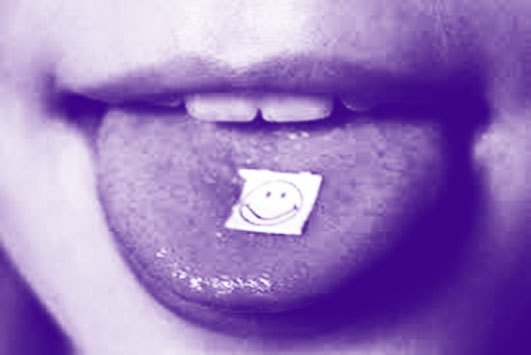Don’t Mess Around With Hallucinogens
What Do Hallucinogenic Drugs Cause?
Many different types of drugs can cause hallucinations. The effects vary. They cannot be counted on for doing anything good for the body or the brain. Hallucinogen use can be dangerous, too. They work, at least partially, by temporarily disrupting communication between brain chemical systems and the spinal cord. Hallucinogenic drugs include LSD, peyote, psilocybin, marijuana, ketamine, phencyclidine or PCP.
What Kinds of Altered States Can Hallucinogens Cause?
Hallucinogens create feelings or images that feel real but are not. It can lead to major decomposition. LSD is called acid and causes visual as well as hearing hallucinations that cause one to hear voices. LSD can cause intense and unusual sensations. The longer a person uses LSD, the more it can cause a bad trip. Bad trips are incredibly negative hallucinations. Unpleasant sensations are another way LSD can cause problems in the brain. If one has a mental illness and does LSD, it can make the mental illness much worse and take them down a path that is hard to recover from.
What Are The Lingering Symptoms of LSD use?
LSD can cause dependency and an out of control feeling that makes a user feel as if they cannot stop using the drug. Peyote or Mescalin causes delusions, hallucinations, altered perceptions of time and space, and an altered body image. Peyote can cause a feeling of euphoria that then results in intense anxiety problems. Peyote comes from a small, spineless cactus that is taken by chewing them while soaking them in water in order to produce the psychoactive liquid. They can also be ground into a powder that can be used in capsules.
What Does Peyote Do to the Brain and Body?
Psychoactive drugs, like peyote, cannot be used for anything good, and are classed by the Drug Enforcement Administration (DEA). Peyote can alter your entire perceptual state, making a person relaxed and detached from surroundings. It can cause mood swings and paranoia. It can also cause spiritual experiences and synesthesia, or mixing up your five senses where you feel color and see sound. Peyote can even cause temporary psychosis. There are some worse than peyote because psilocybin and all hallucinogens work on the same area of the brain. Symptoms of peyote use include dry mouth, dilated pupils, flushed skin, and can make body temperature go up which causes sweating. The heart rate also goes up when one has ingested peyote. Magic mushrooms or psilocybin can be taken by mouth or, perhaps, brewed into a tea.
What are the Side Effects of Psychoactive Drugs?
Psychoactive drugs have bad physical consequences and side effects. The effect psilocybin has on the body includes nausea, vomiting, muscle weakness, drowsiness and lack of coordination. Psilocybin is found in South America, Mexico, and the United States. Psilocybin is produced by 100 species of mushrooms coming from those temperate regions. This drug can cause impaired judgment, panic or anxiety attacks, also causing psychosis, which in turn leads to paranoia, strange behavior, volatile mood, disorganized thinking, and visual hallucinations. Some people experiment with this drug to cause religious experiences. Psilocybin use requires an experienced guide when using. Guides help one make sense of their experience.
Why is Marijuana Classed As An Hallucinogen?
Marijuana also causes anxiety and hallucinations as it is classed in the hallucination-causing drugs category even if it has recently been made more legal. Medical marijuana makes it semi-legal to use the substance even if for religious purposes. Marijuana can invoke reactions similar to stimulants, depressants, or hallucinogens. Medical marijuana implies that the drug is being used to cause beneficial results. Hallucinogens all cause psychosis, paranoia, and bizarre behaviors. If someone already has a mental illness, the last thing they need to be doing is hallucinogens. You should talk to teens, or possibly pre-teens, about marijuana and other drugs and their use. Encourage the prevention of drug use.
Actively using hallucinogens do not lead to good things. Hallucinogen use can cause mental illness in an otherwise stable person or make existing mental illness symptoms much worse. It is best not to tempt fate.




